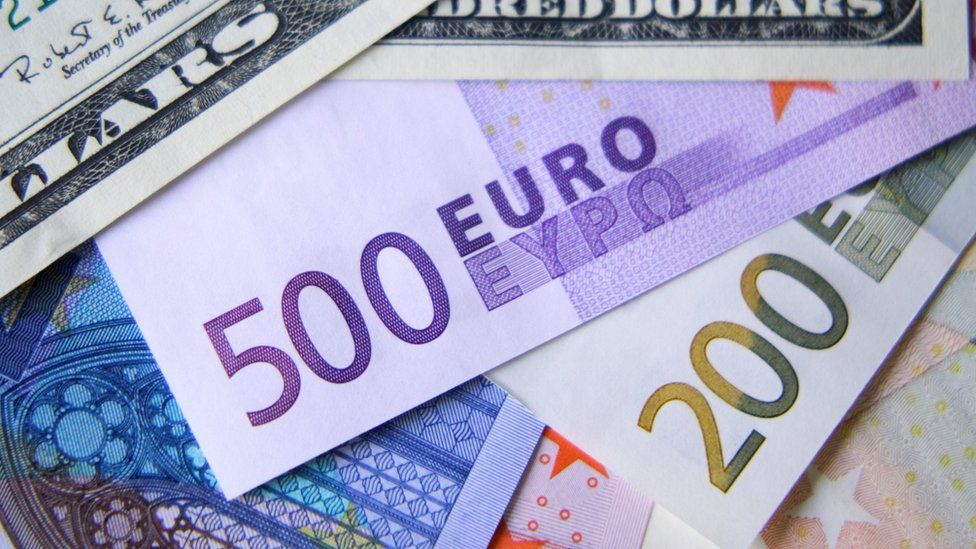In a recent turn of events, the euro has strengthened while the Japanese yen has dipped, with the USDJPY exchange rate reaching over 150.00. This movement is attributed to the Bank of Japan’s (BOJ) decision to maintain a 1% cap on the 10-year Japanese Government Bond (JGB) yield, alongside its -0.1% short-term rate. The BOJ also plans more JGB buying and intends to implement a flexible Yield Curve Control (YCC) strategy amidst prevailing uncertainties.
Despite experiencing an overshoot in inflation due to increased import costs, Japan continues its monetary easing under YCC. The BOJ’s policies seem to have affected the forex market significantly, leading to the recent fluctuations in currency values.
Meanwhile, the Federal Open Market Committee is likely to retain a Federal funds rate between 5.25% and 5.5%. This decision appears to contrast with the BOJ’s approach, which may be contributing to the currency market dynamics.
In other financial news, commodities have shown mixed performances. Crude oil and spot gold have seen increases, while spot silver has experienced a decline. Bitcoin is currently valued at $34,525.
The global markets are displaying varied trends as well. While US and European markets are on an upward trajectory, Asia Pacific markets have been descending. This divergence could be linked to China’s manufacturing dip, sparking concerns about recovery in the region.
Lastly, while the euro gains strength and the yen weakens, it will be crucial to monitor how central banks’ policies continue to impact global markets and currencies.



